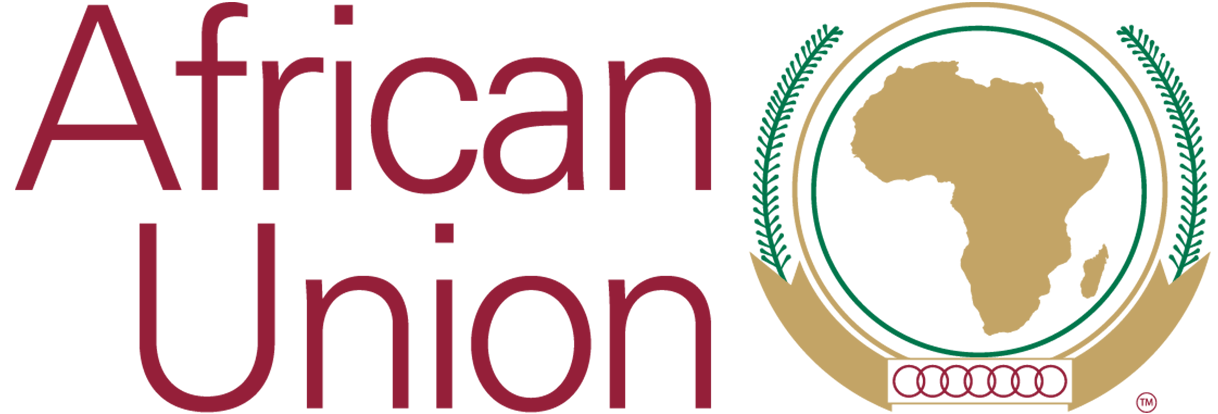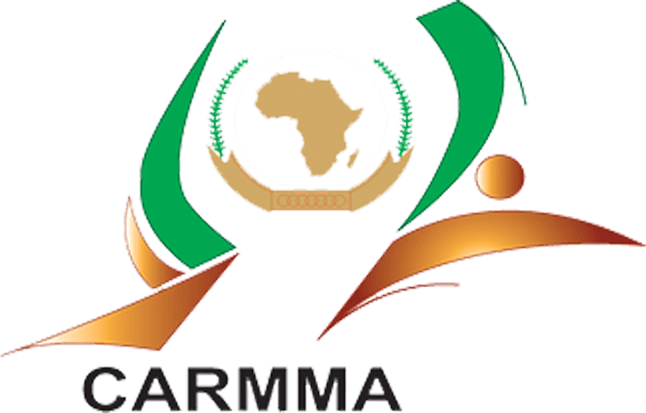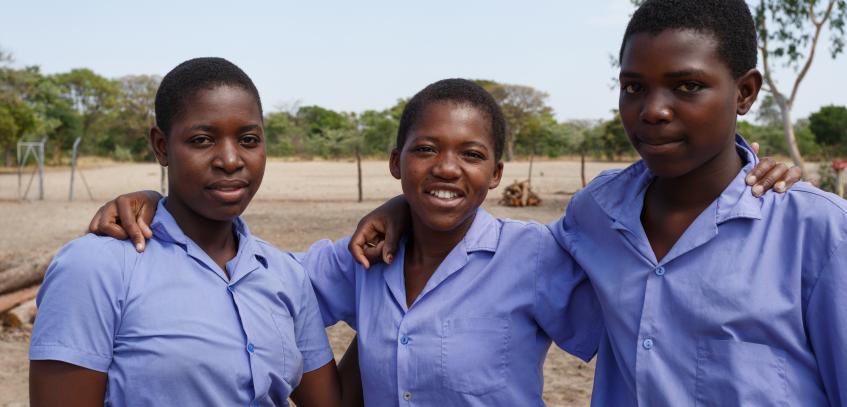Since 2020, the Government-Government Policy Dialogues on Demographic Diversity and Dividends – #The4DSeries – have been hosted by UNFPA, the African Union Commission and the Government of Germany. The Dialogues offer government representatives, civil society, youth representatives and researchers a chance to explore good practices and innovations that enable countries to harness demographic dividends.
Investing in the health and wellbeing of adolescents is critical for realising their rights and potential. Providing quality adolescent sexual and reproductive health and rights (ASRHR) services is thus a prerequisite for planning for demographic change. Therefore, the series’ 4th edition on 20th October 2021 aimed to demonstrate the complexity and importance of ASRHR and how to implement it in practice.
The following highlights the recommendations from the discussions by the group of experts of the dialogue series:
- Collect disaggregated, reliable and regular data on ASRHR to introduce integrated health services, to improve coverage of services and to reach adolescents who are in danger of being left behind.
- Include adolescents in the data collection process to gain an understanding of their diverse experiences and of intersectional vulnerabilities.
- Train sexual and reproductive health (SRH) service staff to be sensitive regarding the needs of adolescents, their diversity and their need for privacy.
- Develop formal evaluation and documentation methods to learn how SRH services can best engage adolescents.
- Enforce available laws and policies against gender-based violence (GBV), such as the Maputo Protocol, at national levels.
- Include boys and men into the programmes; make them allies in the fight against GBV and for gender equality.
- Foster ASRHR through investments in different sectors and acknowledge that education is key to foster development of girls.
- Mobilise public sector resources for ASRH, for example by raising awareness for short- and long-term impacts of under-investing
- Develop standards and guidelines for ethical and meaningful engagement, participation and leadership of young people.
- Invest in the education and legislative literacy of youths so that they can hold their governments accountable.
- Create public awareness on comprehensive sex education (CSE) by supplying the right information and countering misinformation; establish common ground with the relevant communities.
- Communicate information in a way that appeals to young people and invest in








